by Markus Poehlking
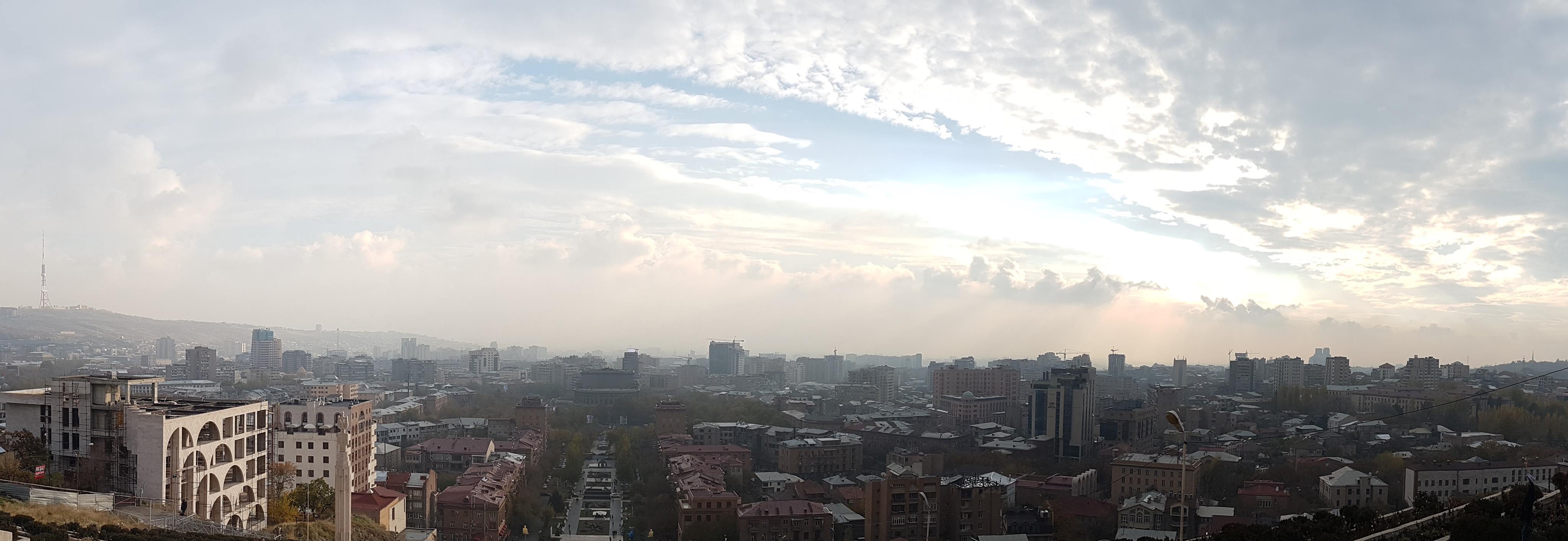
Yerevan panorama
Armenia’s traditionally huge diaspora plays an important role for the country’s development. At the same time emigration is one of the biggest problems. After the so-called “Velvet Revolution” expectations are high to stop the exodus and to make Armenia an attractive place even for such members of the diaspora who never set a foot on Armenian soil. While there are various approaches to stimulate remigration the diaspora’s optimism so far isn’t running too high. Yet the revolution has to bear fruits.
Yerevan. The euphoria about the recent political change in Armenia is noticeable already in the plane to Yerevan: 33-year-old Edgar, who works in Siberia in road constructions, travels back to the Armenian capital for a a couple of days to see his wife and his children. “Things are getting better now for sure“ he explains. The reason for his optimism is the political change in his home country, where end of April hundreds of thousands protesters gathered on the streets and squares and finally forced the ruling power to resign. “Now one of us rules the country. There´s a chance to end corruption and to create growth in Armenia,” hopes Edgar.
The name of the country´s new saviour is Nikol Pashinyan, a 43-years-old former journalist who founded an opposition party a couple of years ago. After the events in this year´s spring he was elected to become Prime Minister of the interim government. On October 16th he resigned in order to make way for new elections in December that most likely will bring him to the top of power once more: even the opposition expects, that Pashinyan will gather two thirds or even more of the votes.
Armenia, a former Soviet republic in the Southern Caucasus Region is cursed with usual problems spread everywhere, where Moscow once tried to realize the Marxist-Leninist utopia. The economy is down, the corruption high, the further perspectives rather bad. Like Edgar, many Armenians work abroad, construct roads and buildings e.g. in Russia or Ukraine. Work conditions often are lousy as is the salary – not to talk even about insurances or social benefits. But yet it is more than Armenia could offer its citizens, so people like Edgar leave their families for months and years and send them any money they somehow can effort to waive. “Let´s wait two or three years,” says Edgar as the plane is about to land. “There will be jobs in our country and we will be able to live with our families.” A warm smile sparkles in his eyes. The plain hits the ground. Edgar suggests to write down his phone number. “Welcome to Armenia. If you’re ever in trouble, call me.”
Yerevan’s Zvartnots airport is a modern building though for a capital rather small. It´s not right clear whether it is rather the entrance to the country or it´s exit. Usually the number of people leaving Armenia is higher than that of those, who are arriving. Ever since independence in 1991 more Armenians left the country than entered, longing for jobs, money or a better life. There is no exact number of Armenians working abroad. Traditionally, the country has a huge and widely spread diaspora. Already in medieval times Armenians settled far from their homeland, became successful traders and often managed to maintain their cultural and religious heritage.
Killed in large scale: during the Genocide a lot of Armenians left their homeland

Tsitsernakaberd Memorial
A second wave of emigration took place after the Genocide in 1915/16, when in the Ottoman empire Armenians were pushed from their soil and killed in large scale. Waves of refugees arrived in Europe, the Russian Empire or went to the US or the Middle East. In the end, today Armenians can be found literally everywhere on the planet. There are estimations, that some 9 million people of Armenian origin live outside the country, while inside officially 3 million Armenians are residing. For the country the diaspora is of important meaning: Even Armenians of the diaspora who never have never seen the homelands of their ancestors often feel strong ties to Armenia and try to support it.
In some ways it is the money and the knowledge of the diaspora that kept the country running in last 27 years. Successful businessmen donate money for education our found schools themselves, invest in hospitals and matters of social and economical development. An impressive flagship project of the diasporas engagement is the Tumo-centre at the edge of Yerevan´s city centre. It welcomes with hundreds of Apple screens and hundreds of children sitting in front of them. The Tumo was founded by Sam Simonian, an US-citizen with Armenian roots who was born in Lebanon. After becoming a multi-millionaire in the communication sector he decided to launch a project in order to support the education of Armenian children and therefore created Tumo.
Manifestation of the diaspora’s influence: Tumo Center in Yerevan
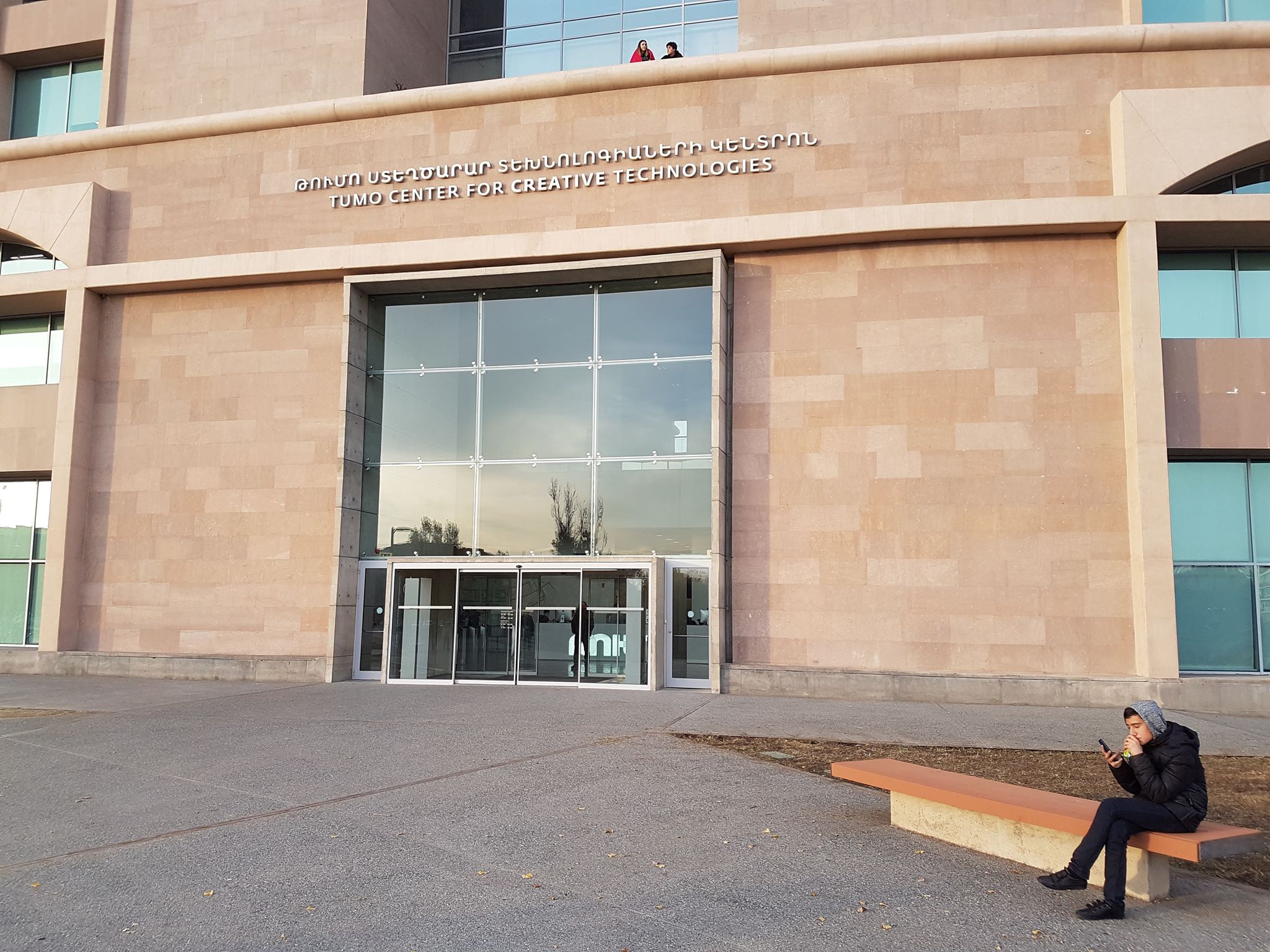
Outside Tumo Center for Creative Technologies
Based on a certain kind of curricula, Tumo offers free education for schoolchildren, who after their regular lesson can come to the centre and train skills like programming, logical thinking or even their musical talents. Much of that is based on computer programs. For Armenia, the IT-sector is actually the only one where fast and notable economical success can be expected since the country strengthened the appropriate education what started to bear fruits already a couple of years ago. For politicians and educational experts Tumo must be a rather striking idea. Not only in Armenia there will be more Tumos established but other countries requested them as well. Among them France, where a centre is about to be erected in Paris. On her visit to Armenia German chancellor Angela Merkel was brought to the Tumo and must have been obviously impressed following Armenian reports.
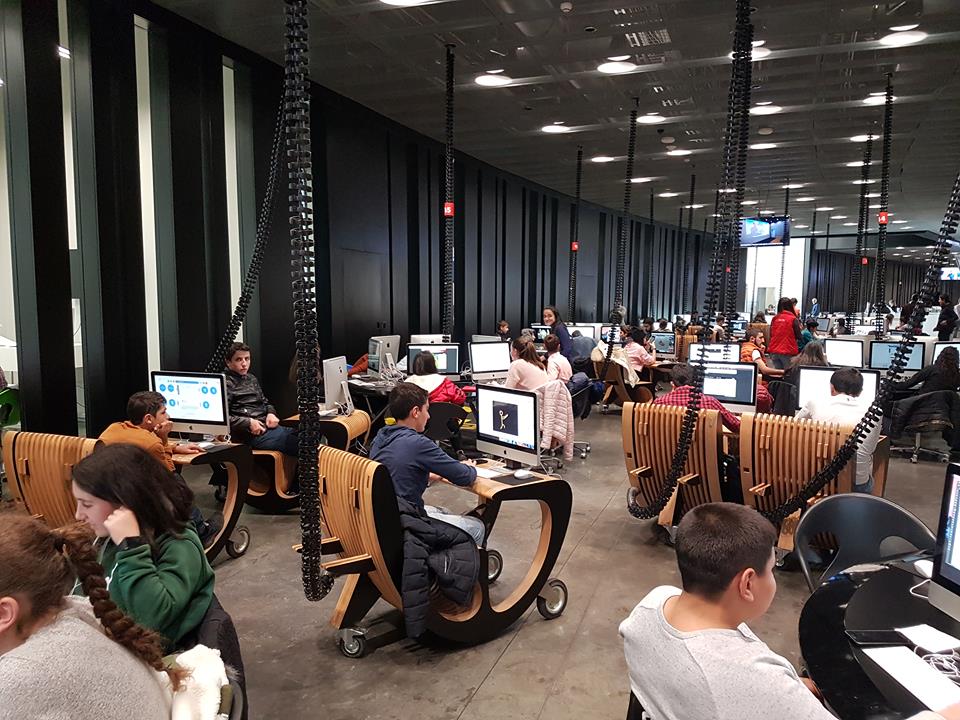
Frau Merkel was impressed: Inside of Tumo
Because matters of the diaspora are of high importance for Armenia, the state runs a ministry especially dealing with diaspora affairs. Babken DerGrigorian became its Deputy Minister just a couple of weeks after Pashinyan took power in spring. DerGrigogrian somehow perfectly reflects the spirit of optimism the political change has evoked. He is young and presents himself rather as a good guy from the neighbourhood than like a professional and high ranked politician. “Hi, I am Babken, take your seat,” invites the Deputy Minister to his office. Born in Paris and having lived and studied in Los Angeles and London, 33-year-old Der Grigogrian not only reflects the optimism of the new beginning but is as well a representative of the diaspora. In 2012 he finally decided to move to Armenia on a long term base where he started to work for the UN and for other organisations of international cooperation.
Deputy Minister Babken DerGrigorian himself was born in the diaspora
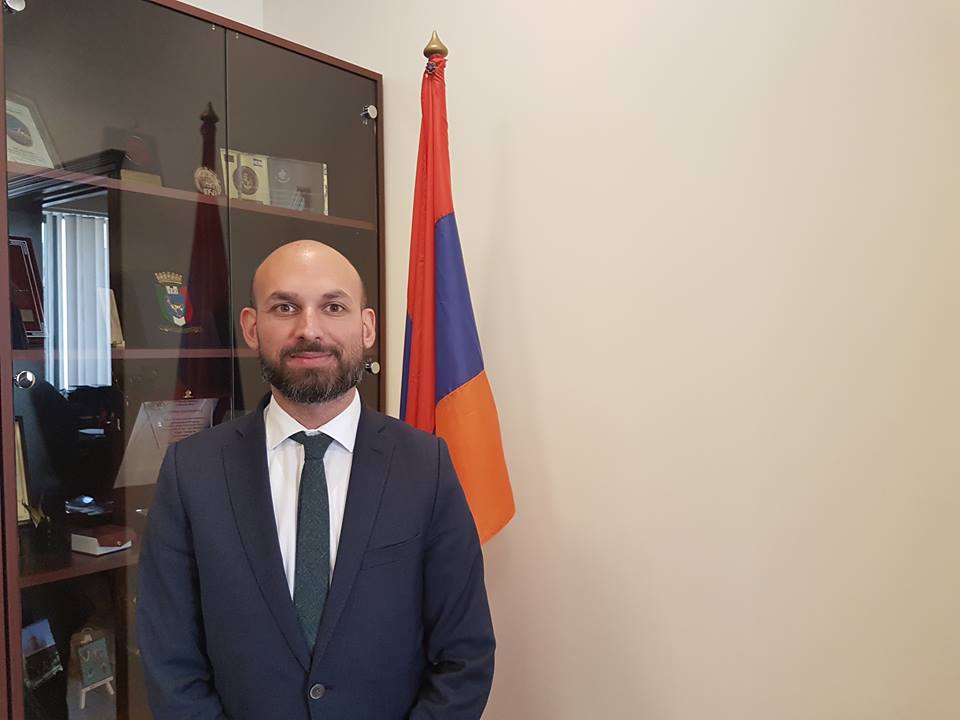
Deputy Minister of Diaspora Babken DerGrigoryan
Due to his experience he knows himself that there are things separating Armenians from the diaspora and those who grew up in Armenia: “Well it’s like that. When I was a young child I was playing Nintendo and watching Nickelodeon somewhere in the US. And here people had to struggle to get by with all those difficulties that came along with the collapse of Soviet Union and our independence.” Though ever felt warmly accepted as he explains it has been a challenge to get access to this very different background of the Armenian society. “It really took me years until I fully understood how this hard period shaped the mind of the people and why the wish for security and stability and a rather conservative approach to the world is that spread here. It´s the reaction on the upheavals they have witnessed here.”
Feeling homish in Yerevan, DerGrigorian in his office could promote repatriation among the diaspora´s Armenians and actually this is part of his ministry´s strategy. “Of course we try to win people for this country.” By law, everyone who can prove his Armenian origin has the right to apply for Armenian citizenship. There are some obstacles in the bureaucratic process but as DerGrigorian confirms, “we are working on that and it is actually not a huge affair to improve things.” Armenia could benefit a lot from good educated members of the diaspora and urgently needs migration to compensate demographic developments: Since for years young people and especially young men have left the country, today´s Armenian society in average is rather old and consists of much more women than men.
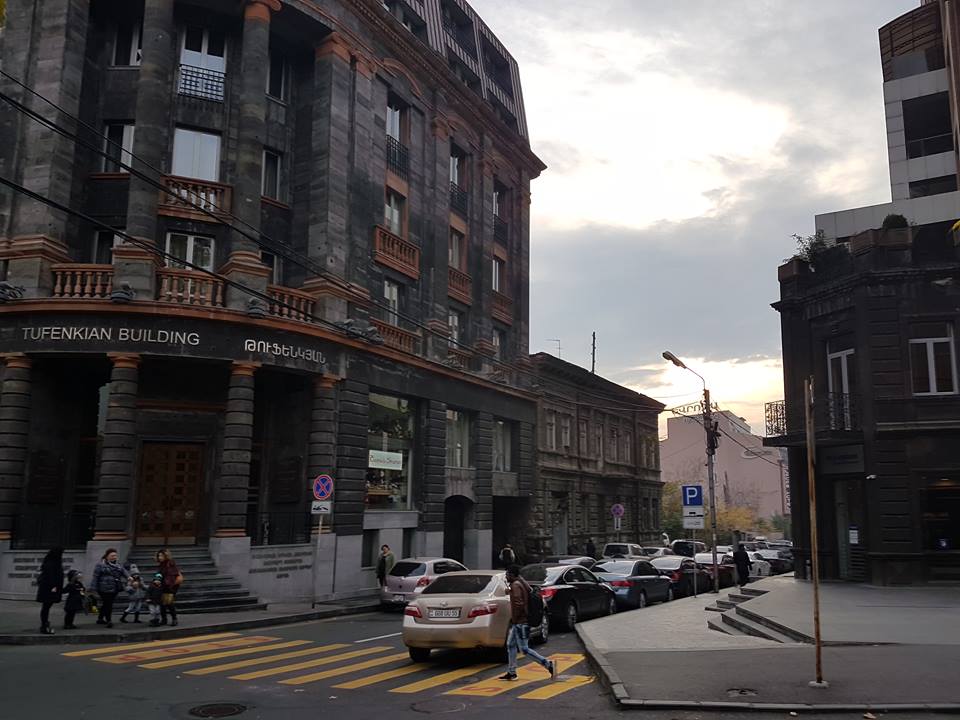
Street scene in Yerevan. Different background: the center of Yerevan doesn’t tell too much about the country’s problems
To weaken this effect immigration is highly needed and the diaspora could be its ideal source – but in the same time Armenia has to face the fact it actually needs a strong and vital diaspora. “Armenia benefits a lot by the money that comes from the diaspora.” explains DerGrigorian. “At the same time the diaspora serves an important and influential lobby for us that has kind of impact in global affairs.” Since Armenia is located in a difficult neighbourhood, has an unsolved conflict with Azerbaijan, difficult relations with Turkey and just an ally – Russia – who tends to threat his partners rather like vassal states then thinking in terms of equality, the influence the diaspora could create in their countries of residence is highly needed.
Anyway DerGrigorian hopes that the political change will make Armenia a matter of even higher interest for the diaspora. Yet there´s hardly an effect at the border. The Minister sees a lightly decreasing number of people who leave the country while that of those coming to Armenia basically not increases. “At the moment there’s a lot of positive energy among the people but actually the political process is stuck,” says DerGrigorian. The upcoming elections which are supposed to confirm the power of Pashinyan will mark a changing point he adds. “Then we will have the parliamentary support to create a new Armenia. Then it will be up to us to prove that we can make this country successful and a place to stay for it´s citizens and even for those from abroad, who would like to have a perspective here. It´s gonna be a tough job.”
Especially since the expectations are that high that it may be tough to fulfil them. “Yeah, the atmosphere in our country indeed changed.” explains Hasmik Hayrapetyan. She is the marketing-director of the Armenian NGO “Birthright“ that aims to win diaspora Armenians for a one-year-volunteer-program in Armenia. “But it may take long until we see results of a new government and it is not unlikely that they just can’t fulfil the hopes of the people.” Among the participants of the Birthright-program she notices a rising interest that came along with the political change. “But yet we can´t say that the number of applications goes up significantly.”
Birthright offers its participants – usually students or young people who finished school or professional education – to live for a year with an Armenian family while doing such things as for example teaching foreign languages, learning Armenian language or absolving various internships. At the same time, the organisation tries to create chances for exchange between native and diaspora Armenians. “We want to get them in touch and to get an understanding for each other. We want our kids to know how it is to grow up in a different society. And we want our guests to see how kids of their age here have to serve in the army for two years and how they go to the frontline in Karabakh.” After all some 1700 volunteers took part in Birthright-program after it was founded in 2003. Approximately 170 of them later remained in Armenia or came back to live there constantly, explains Hayrapetyan. “Of course we´d like to increase that number. But even those who don´t stay will have a much clearer image of Armenia and closer ties to our country.”
22-year old Tamara Maydali is one of the current volunteers in Birthright. Born and raised in Germany, she from her childhood was aware of being Armenian. Her parents, Armenians from Turkey, moved to Germany before her birth and never stopped referring on their Armenian identity. Being a German citizen and being labelled as a Turkish girl by most Germans, going to Armenia finally offered here the feeling to feel as a part of a certain kind of community. “I actually always had a good life in Germany but only here people do not ask where I am from and don´t look for possible differences. Though I hardly speak Armenian so far,” she explains.
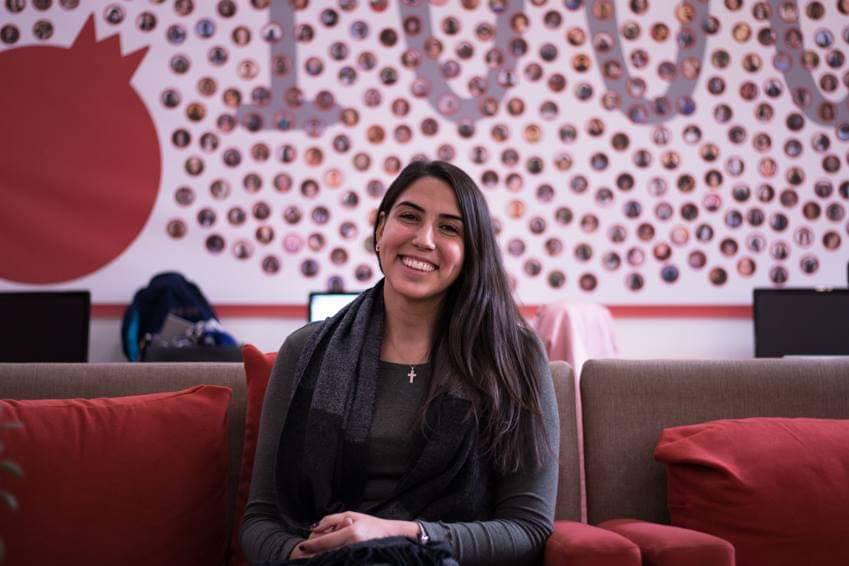
Tamara Maydali, volunteer from Germany / photo credits: Pierre-Alexis Firmin
Anyway her first time to Armenia some five years ago had been a huge cultural shock to her. “Especially if to go out of Yerevan the poverty and lack of infrastructure had an significant impact on me.” After various stays in Armenia and after starting the volunteership in Birthright her feeling towards the country changes: “In the beginning I really hadn’t a feeling of homeland here. It was interesting to see but nothing where I would stay. That´s getting different now. The people are very warm and helpful and you really start to feel you´re belonging here somehow.
Maydali hasn’t been following the recent political process in Armenia too closely but is aware about the expectations that are now everywhere. According to here experience, even those members of the diaspora who never set a food on Armenian soil wish for a better change. “I know a lot of Armenians in Germany who care about the situation and hope that Pashinyan can reform the country.” Maydali says. “But I must admit the enthusiasm isn’t too big. After all it is not the first political change in Armenia and so far never a sustainable result has been seen.”
A place to stroll – a place to stay?
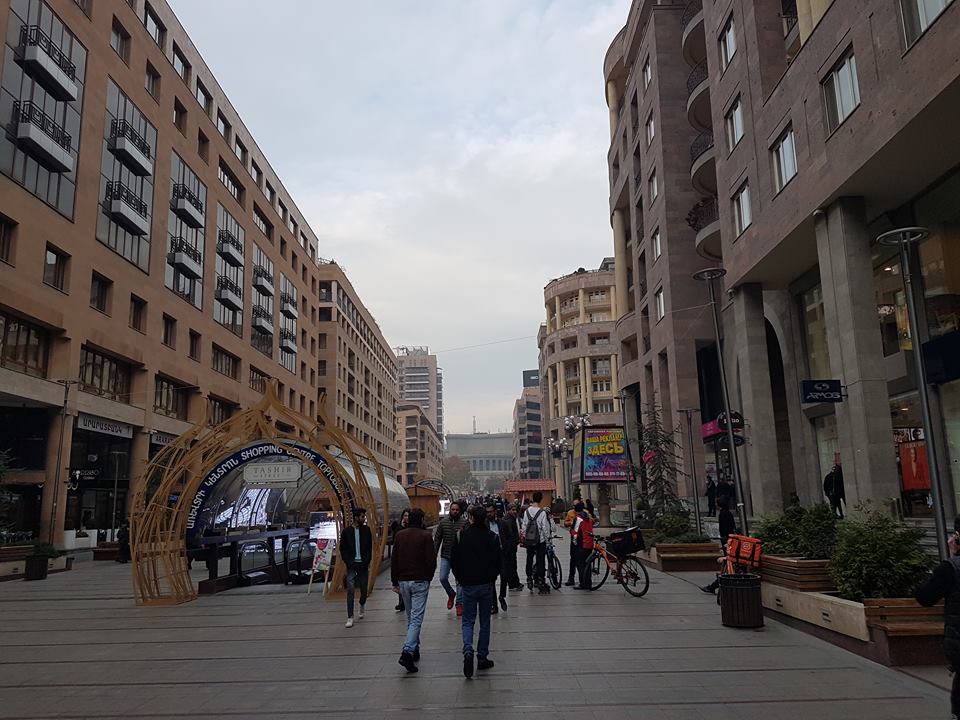
Yerevan Northern Avenue
While getting familiar with the land that carries the name of her origin Maydali would not deny to extend her stay after finishing the Birthright-program. Having studied business arithmetic in Germany it could be interesting to do a master degree in Yerevan . “But yet this is just another limited thing. Well, after learning the language why not to stay for another two or three years?”, she asks. “But forever? That´s a tough question and you don´t know what to expect from this country on long term.” As many other Armenians from the diaspora Maydali knows that she always could go back. “Especially we from the western countries are in a very comfortable situation. If there´d appear any difficulties we always just could go back to a more stable and easy place. Maybe this somehow keeps us from really getting ourselves in that kind of reality native Armenians have to deal with all their life.”
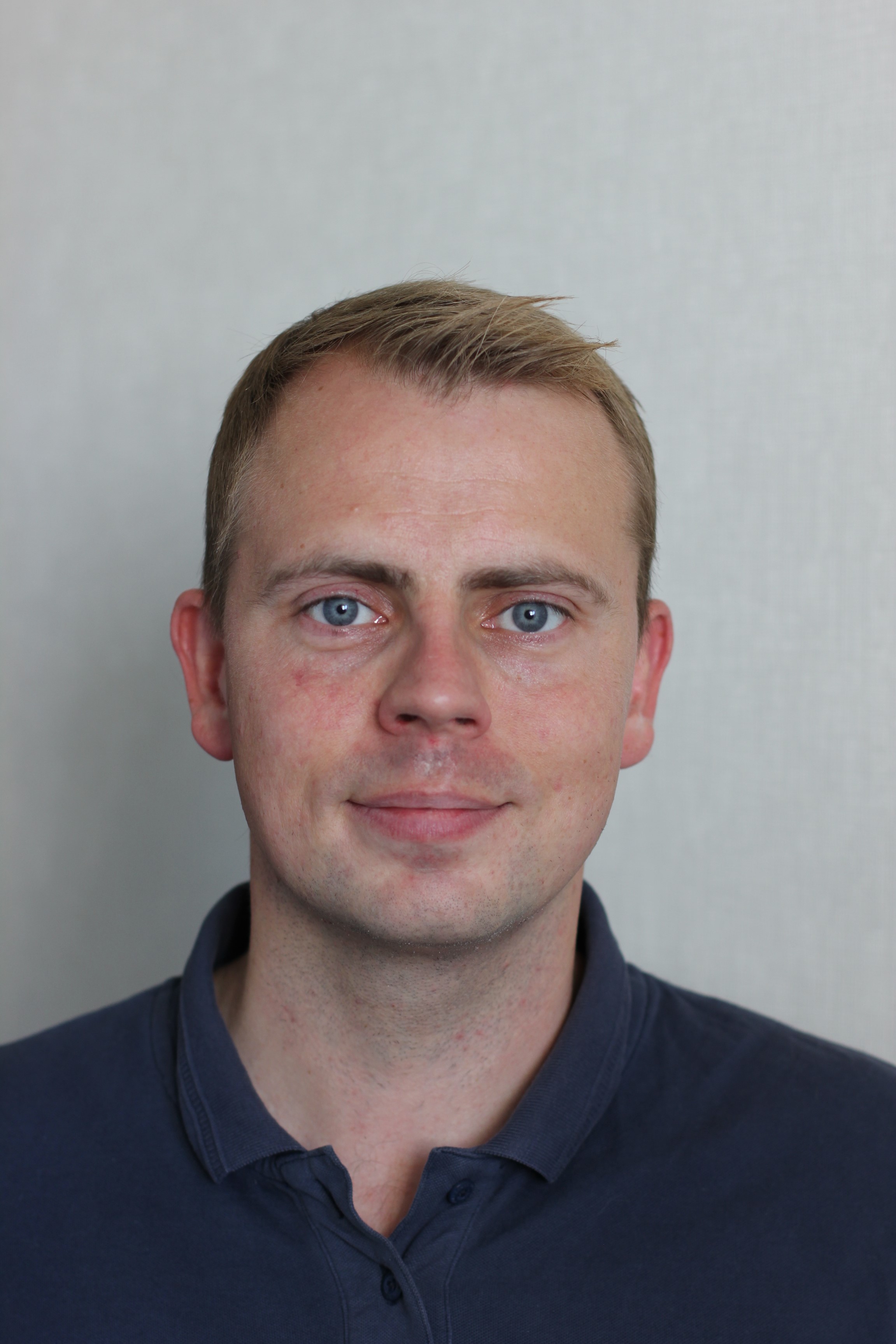
Markus Pöhlking is a journalist and editor based in German ‘Neue Osnabrücker Zeitung’ daily . Having had always a strong interest in foreign affairs, matters concerning Eastern Europe and post-Soviet countries, he has lived and worked in Ukraine and Georgia in past years.
